The views expressed in our content reflect individual perspectives and do not represent the authoritative views of the Baha'i Faith.
In the vibrant legacy of Mexico’s cultural history, a new path was forged in the early 20th century — the emergence of the first Baha’i community in Latin America.
RELATED: Yamamoto and Fujita: The First Japanese Baha’is
Rooted in faith and united by a shared vision of world peace, this pioneering group embarked on a remarkable journey, leaving an indelible mark on the spiritual landscape of Mexico. Learn about these historic individuals who planted the seeds of the Baha’i Faith in this diverse nation, likely inspiring a ripple effect throughout the rest of Latin America.
RELATED: How Cesar, Dolores, and Fred Fought for Farmworker’s Rights
A Brief Overview of the Baha’i Faith
For those of you who are unfamiliar with the Baha’i Faith, here’s a brief overview. Baha’is believe that God promised humanity that He will never leave us alone without guidance. So, since time immemorial, God has sent messengers, or Manifestations of God, including Abraham, Zoroaster, Moses, the Buddha, Krishna, Jesus Christ, Muhammad, the Bab, and the founder of the Baha’i Faith, Baha‘u’llah.
In English, Baha’u’llah translates to “the Glory of God,” and Baha’is believe that His coming was prophesied in many of the world religions. The Baha’i writings say:
To Israel He was neither more nor less than the incarnation of the “Everlasting Father”, the “Lord of Hosts” come down “with ten thousands of saints”; to Christendom Christ returned “in the glory of the Father”; to Shí’ah Islám the return of the Imám Ḥusayn; to Sunní Islám the descent of the “Spirit of God” (Jesus Christ); to the Zoroastrians the promised Sháh-Bahrám; to the Hindus the reincarnation of Krishna; to the Buddhists the fifth Buddha.
In 1863, Baha’u’llah announced that He was the latest divine educator to initiate a new era of human history and awaken greater capacities to contribute to the betterment of the world. Baha’u’llah wrote:
I was but a man like others, asleep upon My couch, when lo, the breezes of the All-Glorious were wafted over Me, and taught Me the knowledge of all that hath been. This thing is not from Me, but from One Who is Almighty and All-Knowing. And He bade Me lift up My voice between earth and heaven, and for this there befell Me what hath caused the tears of every man of understanding to flow.
Baha’u’llah was imprisoned for 40 years for announcing that there was a new divine revelation. Although He passed away in 1892, Baha’is have the thousands of original letters, tablets, and books that Baha’u’llah wrote, as well as the writings of Abdu’l-Baha, his son and the authorized interpreter of the Baha’i writings, Shoghi Effendi, the Guardian of the Baha’i Faith, and the Universal House of Justice, the globally elected governing council of the Baha’i Faith. Baha’is also have the encouragement, guidance, and support of the elected National Spiritual Assembly of their country and the Local Spiritual Assembly of their community.
The First Mexican and Latin American Baha’i Community
Between 1916 and 1917, Abdu’l-Baha revealed the “Tablets of the Divine Plan,” letters he wrote to the North American Baha’i community to encourage them to share the unifying messages of the Baha’i Faith across the globe. In the “Tablet to the Bahá’ís of the United States and Canada, he wrote:
Likewise the republic of Mexico is very important. …If one breath of life be blown over them, great results will issue therefrom.
This inspired American Baha’is like Martha Root, Leonora Holsapple Armstrong, Orcella Rexford, Loulie Mathews, and Beatrice Irwin to travel to Latin America and share the revolutionary principles of the Baha’i Faith, including the eradication of all forms of prejudice, the elimination of the extremes of wealth and poverty, the equality of women and men, the agreement of science and religion, the truth and oneness of all religions, the independent investigation of truth, and the importance of a universal language and education.
Pedro Espinosa was one of the first Mexican Baha’is. After a Baha’i woman visited Mexico City in 1936 and spoke to Pedro’s spiritual discussion group, Pedro and several other members of his group declared their belief in Baha’u’llah and His teachings. Pedro’s group became a Baha’i study group, which he led after the Baha’i left the area in 1937. He was also appointed to be a member of the Inter-America Committee, a committee that supported Baha’i activities in Central and South America, that year. In 1938, Shoghi Effendi wrote:
The Inter-America Committee must, at such a stage, nay even before it is entered, rise to the level of its opportunities, and display a vigor, a consecration, and enterprise as will be commensurate with the responsibilities it has shouldered. It should not, for a moment, be forgotten that Central and Southern America embrace no less than twenty independent nations, constituting approximately one-third of the entire number of the world’s sovereign states, and are destined to play an increasingly important part in the shaping of the world’s future destiny.
In 1938, Mexico had nine Baha’is who formed the first Spiritual Assembly of the Baha’is of Mexico City. Pedro Espinosa, María del Refugio Ochoa, Zenaida Jurado, María Luisa B. de Jurado, Aurora Gutierrez, Andrés Basurto, Isabel López, M. Guadalupe López, and E. Castillo represented the first Baha’i community of Latin America. Pedro Espinosa was the chairman, María del Refugio Ochoa was the vice-chairman, Andrés Basurto was the secretary, Zenaida Jurado was the treasurer, and María Luisa B. de Jurado was the corresponding secretary of this Local Spiritual Assembly. They opened a Baha’i center and reading room in the city.
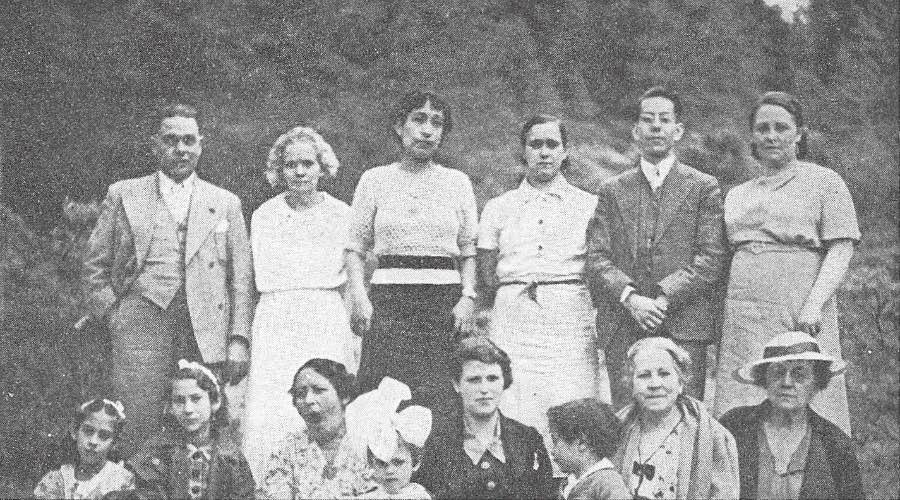
When a person wanted to enroll as a member of the Baha’i Faith in Mexico, they signed a card in Spanish, which, translated, read:
The belief of the Bahá’ís is that this is the Day in which God has established the promised union of all religions, and this is my belief also. The Cause of God appeared through the Manifestation of the Báb; and through the Manifestation of Bahá’u’lláh the laws of God were revealed for all humanity. The administrative institutions of the New World Order were made known by ‘Abdu’l-Bahá, the Center of the Covenant made by Bahá’u’lláh and the Interpreter of His Word. According to the sacred Testament of ‘Abdu’l-Bahá the Guardian guides the establishment of the World Community.
And I, with all my heart, desire to live under this New World Order.
In a letter to Baha’i pioneer, Loulie Mathews, Shoghi Effendi wrote that he placed “the photo of the Mexican Assembly and the Spanish translation…close to the room where Bahá’u’lláh passed away.”
This first Latin American Baha’i community was later invited to the United States and Canada’s national convention. Pedro Espinosa, María del Refugio Ochoa, Zenaida Jurado, and María Luisa B. de Jurado came to represent the assembly. In the National Spiritual Assembly of the Baha’is of the United States and Canada’s 1938-1939 supplementary report, Secretary Horace Holley described these guests as being “radiant in their enthusiasm and ardent in their service to the Faith.” He wrote:
This visit is a great historic event, for it marks the true beginning of that new inter-continental teaching task which the Guardian has expounded for us in The Advent of Divine Justice. We join hands and hearts with these co-workers…
In 1939, Pedro Espinosa helped translate many Baha’i books and prayers into Spanish, including “Some Answered Questions” and “Foundations of World Unity.” He also began sharing the Baha’i teachings in Puebla, Mexico, which led to the first Baha’i community in that city in 1942. The first National Spiritual Assembly of Mexico would be elected in 1961.
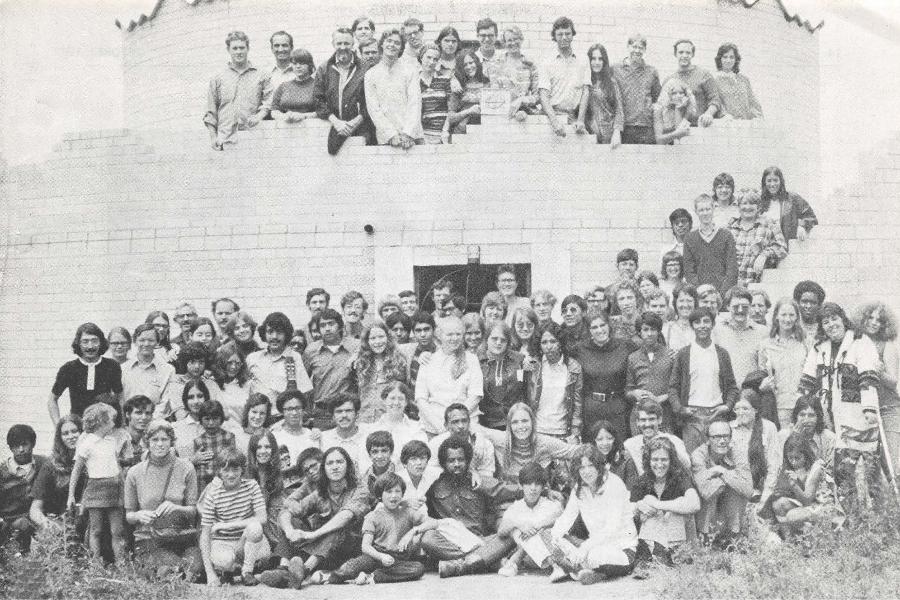
Nowadays, there are Baha’is in more than 200 localities in Mexico. As one of the fastest-growing religions, there are more than eight million Baha’is worldwide. Baha’is are in every country and the Baha’i writings have been translated into more than 800 languages.
When we trace the journeys of the pioneers and the first Mexican Baha’is, we’re reminded of the capacity of individuals to generate a profound ripple effect across the globe. As we commemorate the first Latin American Baha’i community, let us, too, be inspired to play our part in building a world that reflects the principles of unity, justice, and peace in every region where we reside.


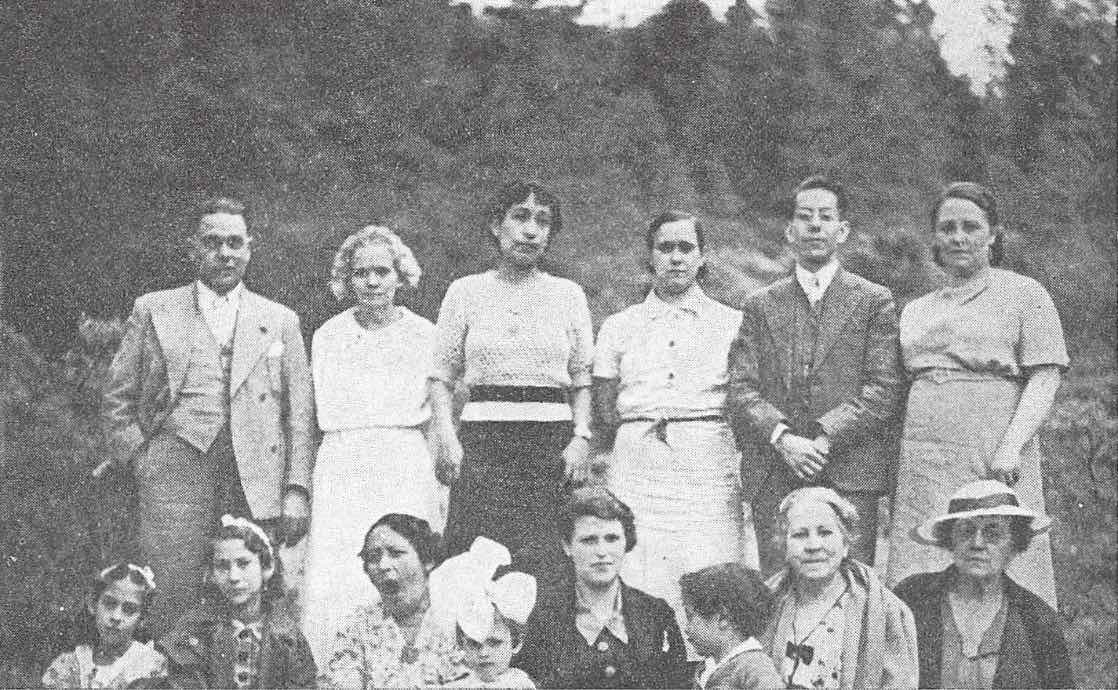

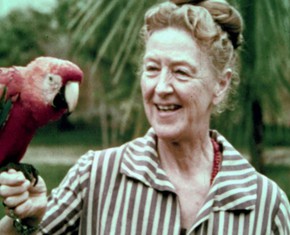
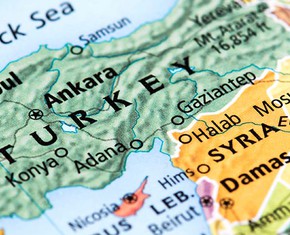
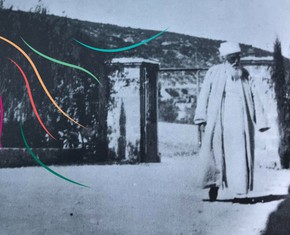









Comments
Sign in or create an account
Continue with Googleor